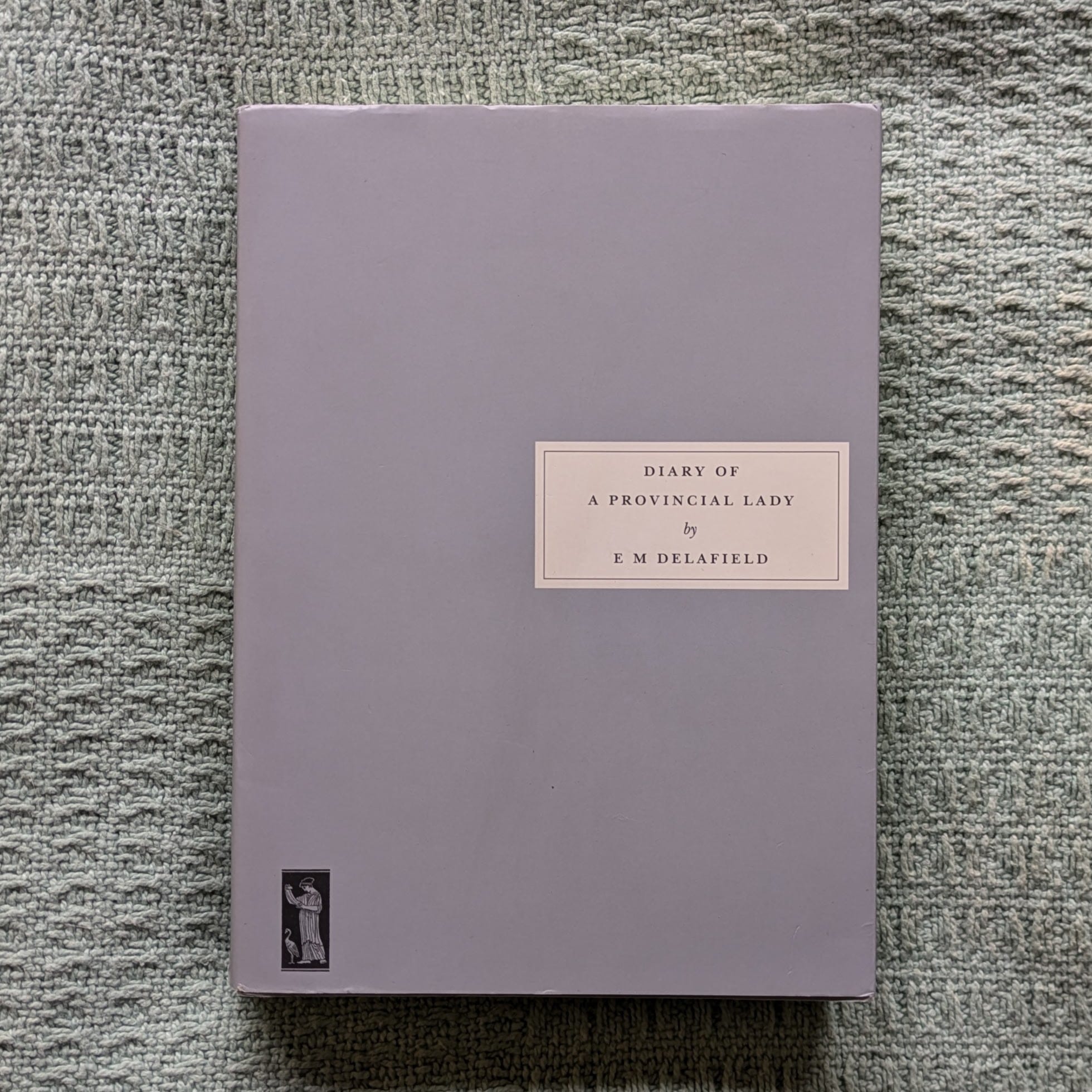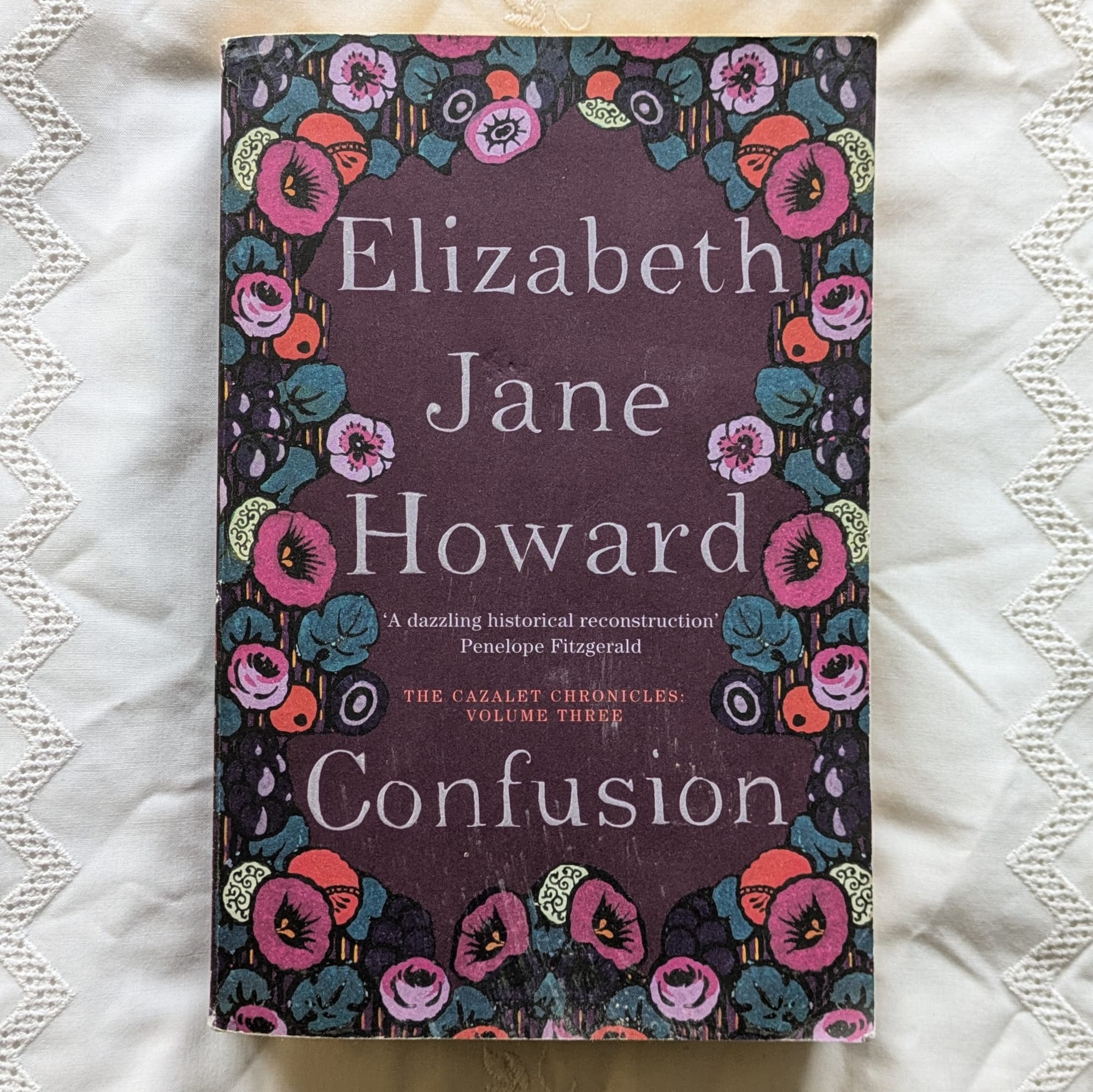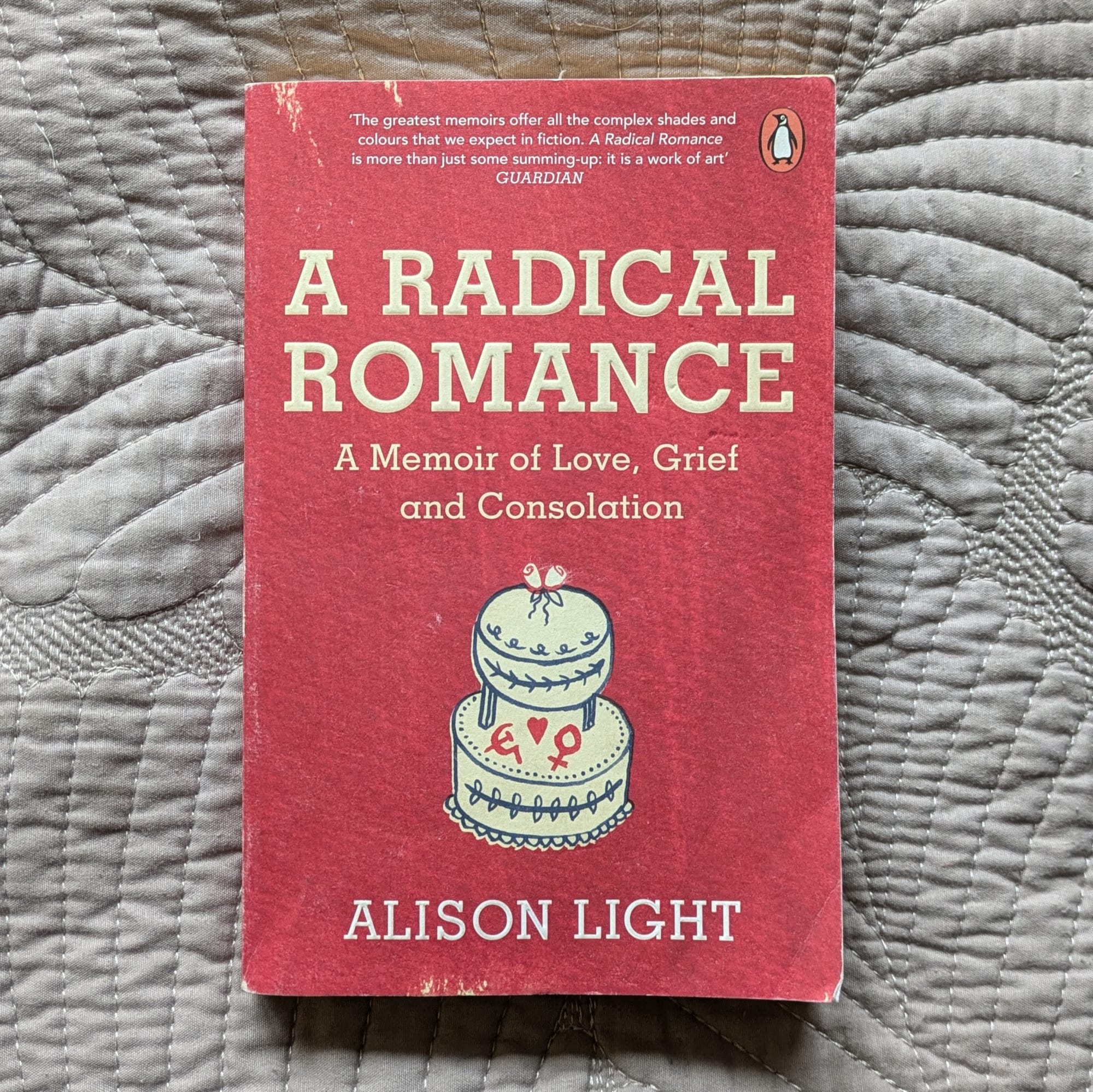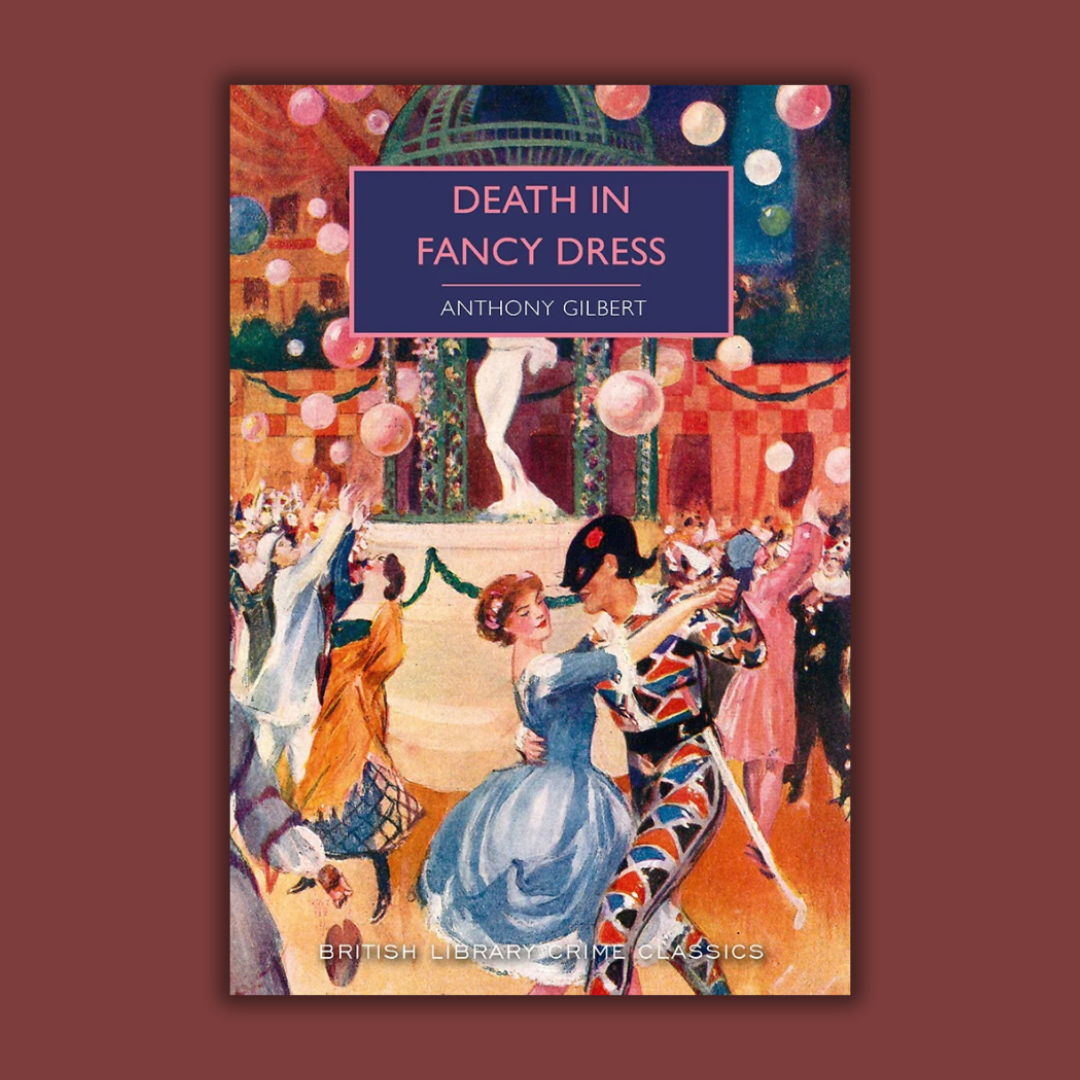Dear friends,
I've long enjoyed the end-of-month reading round-ups that bookish people of my acquaintance like Harriet Evans and Frances Ambler habitually post. I often find titles in their stacks that I want to read myself, or benefit from an alternative perspective on a book I have already tried. It's also a diary, of sorts. I read different sorts of things when I am different emotional states and it's interesting to notice those choices, I find. I have attempted periodically to cultivate a habit of doing this sort of monthly reading reflection, but it has never stuck — in part because of my on-and-off relationship with social media (more on this in a personal essay coming your way soon, don't forget you can adjust which types of post you receive from me here).
But! Now I am a newsletterer first and foremost, so I am going to aim for a monthly post like this recounting the books I have read and saying briefly what I thought of them. In general, my reading tastes range fairly widely: obviously I read a lot of crime fiction from the first half of the twentieth century, but I also enjoy romance novels (both modern and period), some fantasy, the occasional piece of science fiction, an assortment of non-fiction, and even sometimes, literary fiction.
If you would like to discuss any of the titles featured here or share your own, you have two options. You can reply to this email and send your thoughts straight to me, or you can visit the comments section of this post (scroll to the end) and post them there for other readers to see too.
These are books that I read in their entirety: for pleasure, for a book club, or as part of a longer-term project. I skim a lot of other books or read portions of them as I'm working on articles and podcast scripts, but I'm not counting those as fully "read" for this purpose. I'm presenting them in the order in which I read them through the month.

The Case of the Gilded Fly by Edmund Crispin
This was Crispin's first murder mystery, published in 1944 and supposedly written in just a few weeks while he was still an undergraduate at Oxford. It introduces many of the elements that would recur in his eight other detective novels: the eccentric academic-slash-sleuth Gervase Fen, classical music as a pivotal clue, the dense layering of literary allusion, theatre and theatrical people, and of course the geography and architecture of Oxford itself.
Because Crispin was a generation younger than the original "golden age" crime writers like Christie and Sayers, he comes at the whodunnit with a degree of self-awareness about the form that you don't find in books published pre-1939. In other words, his characters seem to know that they are in a detective novel and that certain things are therefore expected of them.
I've read some of Crispin's books before as I've come across them, but I'm now reading them in order because I want to eventually make a Shedunnit episode about his whole oeuvre (so you can expect him to crop up again over the next few months). I enjoyed this one more than some of his others. The "impossible" crime was not too elaborate or eccentric, the literary references served a purpose other than just showing off, and Fen displayed a level of moral decency I find appropriate in an amateur detective. If you haven't read Crispin before and want to try him, this would be a good starting point.

Diary of a Provincial Lady by E.M. Delafield
I re-read this book every autumn; it's a staple of the changing seasons for me. Perhaps it's because this diary began life as a column Delafield wrote for Time and Tide magazine and so is naturally episodic, but I find it such an easy text to pick up and put down whenever I need a little pick-me-up. The balance of humour and sincerity is perfect, I think. The Provincial Lady both laughs at the quotidian concerns of her small, privileged life in 1930 (lack of parlourmaids, bulbs won't grow) and takes matters domestic very seriously. The supporting characters never fail to delight me: Robert, the taciturn unhelpful husband; Lady B, the thoughtless, rich lady of the manor; and Our Vicar's Wife, who always says she can only stay for five minutes but is always there at least an hour. The illustrations in this Persephone edition only make them more real to me.

Fool Me Once by Ashley Winstead
This is a "second chance" romance set in the world of Texas politics. I picked up an earlier book by Ashley Winstead, The Boyfriend Candidate, at the library last year and enjoyed it, which is what brought me to this sort-of sequel. Fool Me Once follows Lee Stone, communications director at woman-founded electric car company that is decidedly not Tesla, and her attempt to get a bill through the Texas state legislature that would require all public vehicles (school buses, road maintenance trucks, etc) to become electric.
This lobbying brings her into contact with her ex-boyfriend Ben, now working as a policy advisor to the Texas governor. The pair broke up in graduate school after Lee cheated on Ben, mistakenly believing that he was already doing the same to her. She has unresolved trust issues dating back to her father's infidelity and the dissolution of her parents' marriage. She buries it all under a fun "party animal" personality, a prickly demeanour and a total refusal to enter into a committed relationship. But now Ben is back, and Lee's armour is slowly broken down by his sheer niceness. I like the less starry-eyed type of character you get in a second chance story — they tend to be older, more mature, and thus more interesting. A fun, occasionally moving, quick read.

Confusion by Elizabeth Jane Howard
I have been repeatedly told for years that I would love the five-novel Cazalet series, which follows a single upper middle class British family from 1937 to 1947. Because I am stubborn and contrary, I heard this recommendation and ignored it. Until this year, when I picked up the first novel, The Light Years, in a charity shop and devoured it. Turns out, other people do know me and what I might like! I'm actually having to ration out the other four books to prolong my enjoyment of the series, because if I didn't I would gobble it all down in the space of a week.
Thus, in September, I allowed myself to indulge in Confusion, the third book in the series, and the one that deals with the business end of the Second World War (1942-1945). The girls who were barely teenagers at the start of the series — Polly, Clary, Louise — are now old enough to move to London and exist independently. Meanwhile, their parents and grandparents continue to orbit the family home in Suffolk, Home Place, all living secret lives that they pretend don't exist for the sake of a false Edwardian domestic ideal.
Lurking hidden there are secret second families, affairs with American soldiers, inner struggles with sexuality, pacifism, religion – it's a lot. And all so beautifully written in restrained, economical prose. If I have a criticism, it is that the cast of characters whose point of view we see has grown so much that we don't spend as much time as I would like with any one person (I had a similar issue with the later A Song of Ice and Fire books). It's a problem of abundance; there are too many interesting minds I want to spend time inside.
I constantly feel like I'm going to cry while reading the Cazalet books partly because of the content, and partly because I know I will never have the chance to read them for the first time again. I know I will re-read them, and I know they will be important to me forever now, but I will never be new to them like this. Is that silly? Perhaps.

Trouble by Lex Croucher
A fairly forgettable reimagining of a Regency romance, in which a feisty, prickly young woman takes up a job as a governess in place of her angelic-but-ill sister. I'm not someone who requires that my historical romance have anything resembling accurate period detail — because what does that even mean for a genre that didn't exist during the time it depicts — but I do like a plot to consist of more than just a string of revelations about characters' true natures. I enjoyed the scene where a Navy ship is wrecked on the beach beneath the house, but that was about it.

The Appeal by Janice Hallett
When I say that I read this book in one go, I am not exaggerating. I still have the occasional totally sleepless night courtesy of my pandemic-era insomnia, and in an attempt not to spend eight hours scrolling on TikTok I usually dip into my library apps (Libby and Borrowbox) and see what I can download to while away the night. I knew of The Appeal because it has become a bestselling new crime novel of the 2020s surpassed only by Richard Osman's output, but because I spend most of my crime-time on books published between 1920 and 1940 I had never come close to picking it up before.
I sped through it in that one night. It's formatted as a collection of "documents in the case" with almost no connecting narrative between the Whatsapp messages, emails and interview transcripts that make up the bulk of the book. The dossier has been put together by a barrister for a pair of junior colleagues to assess, and since I too wanted to be a barrister when I was a teenager this format really scratched an investigative itch for me. I did guess the answer to the central mystery quite early on (because it happens to draw on something I've researched extensively in the past) but I still read voraciously through the rest of the book regardless. That's about the highest compliment I can pay a mystery novel — if I still want to read it after I know what's going to happen.
I do like the documentary/epistolary format, and I'm interested to try another Hallett to see if she pulls it off again with a different story. I'm glad to see a contemporary writer experimenting with it so successfully. Still, as much as I liked this book, it has not eclipsed The Documents in the Case by Dorothy L. Sayers and Robert Eustace from 1930 as the best example of this conceit for me. The Appeal is a good puzzle but it doesn't pack the same emotional punch.

A Radical Romance by Alison Light
It took me almost two years to finish this superb memoir about an unconventional marriage. Not because it was slog to read — quite the reverse. I found it so precisely emotionally devastating that I could only manage short sections at a time, days apart. I plan to write about it in greater depth in a future essay, so I won't say much more here, other than that I think you should get a copy and read it too. And then track down all of Alison Light's other books too, because she is a superb writer who deserves to be much better known.

Daydream by Hannah Grace
The Maple Hills romance series, of which this is the third book, serves a similar function in my life now as watching The O.C. did when I was 16. There is a cast of fairly interchangeable hot teenagers in California, doing hot teenager things, and I can just let their escapades wash over my tired brain in a soothing way. Sometimes, that's all you need.

Death in Fancy Dress by Anthony Gilbert
The Shedunnit Book Club is reading this 1933 detective story in October, so I re-read it this month in order to make the bonus podcast about it in good time. Club members will be able to hear my thoughts on it in a couple of weeks, but suffice to say: this is very far from being my favourite Gilbert novel of the ones I have read so far (I think that is The Vanishing Corpse from 1941). I miss the presence of her series detectives, sketchy solicitor Arthur Crook and know-it-all MP Scott Egerton, and I don't find any of the one-off characters here especially sympathetic. Still, the fancy dress party that gives the book its title is a good time, and I like the WWI hangover that is palpable throughout the plot.
There we have it, my reading for September. For those who are interested in the data, that was nine books, bringing me to a total of 86 for the year. If you would like to follow along in real time, you can see what I'm reading at any given moment on the Storygraph. I just use that as a tracker, though, I don't publish any reviews there.
Thanks for reading this far. If you would like to adjust what kinds of post you receive from me, you can do that in your account menu.
Until next time,
Caroline
Links to Blackwell's are affiliate links, meaning that I receive a small commission when you purchase a book there (the price remains the same for you). Blackwell’s is a UK bookseller that ships internationally at no extra charge.